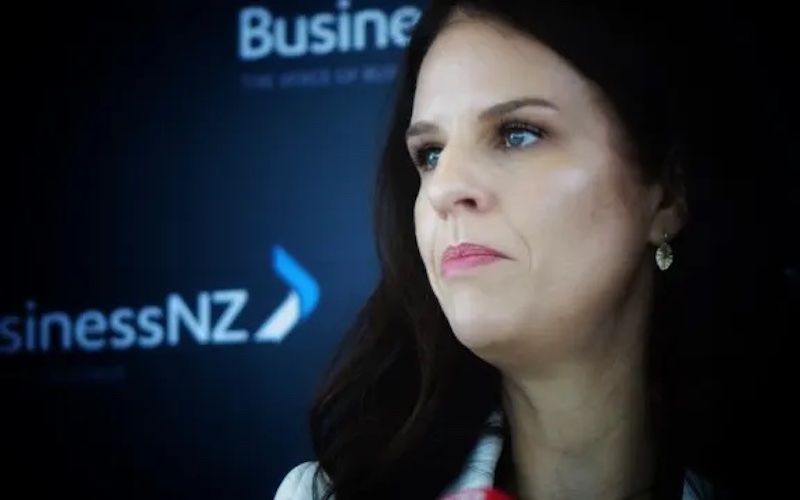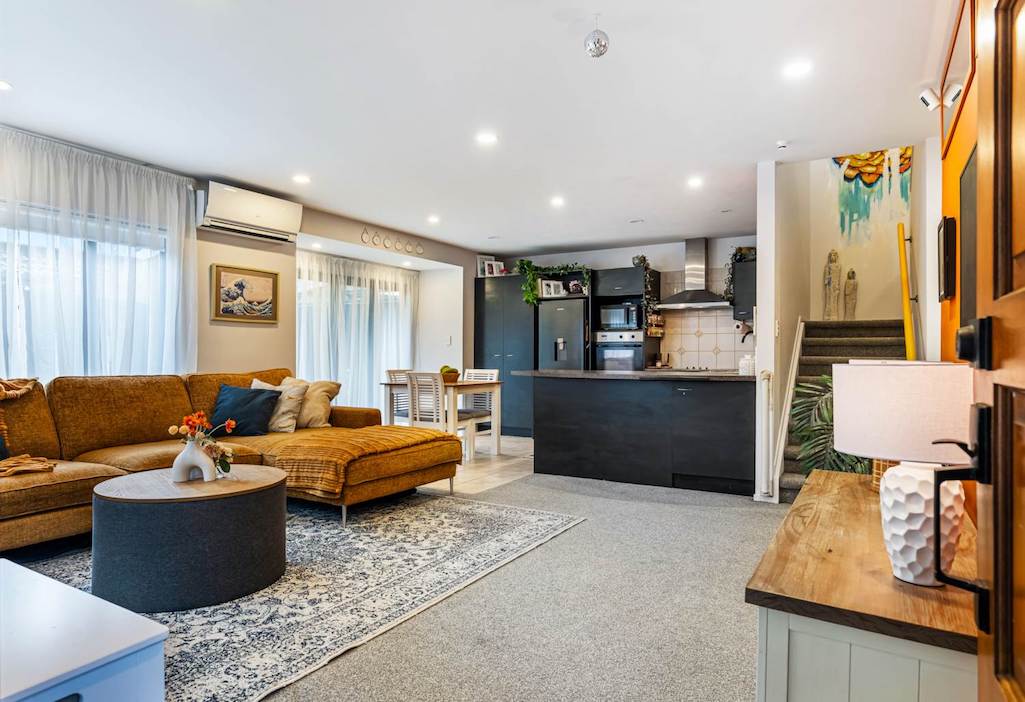Elderly couples applying for visas asked to prove marriages are real with WhatsApp chats
RNZ
28 October 2025, 4:29 AM
 WhatsApp is a messaging service owned by Meta.
WhatsApp is a messaging service owned by Meta.Lawyers say elderly couples married for more than 50 years and applying for visas are being asked to prove their relationship is real with WhatsApp chats.
They want reform of partnership visas and a different approach to what evidence is requested by Immigration New Zealand (INZ).
"They are asking for chat messages between 70-year-olds," said immigration lawyer Pooja Sundar. "There's no balance there, and there's no actual holistic assessment of that individual application. And especially when you're asked to provide such evidence for those who are in their 60s, 70s, 80s, and have lived together for the last 60 years of their lives.
"They are asked, 'Why is there no evidence of chat logs or messages or call logs between the two of you? If it's genuine and stable relationship evidence, show me texts that you send each other.' They don't send each other texts, they see each other every day. It's a relationship. They're living the relationship."
Partnership visa criteria prioritised proofs such as shared assets and joint utility bills, which was also not possible for some applicants.
"It's a thought process that is both Western-centric and stuck in time. It's a mix of both. It is expecting there to be the possibility and the ability for people to be named on documents together. It doesn't take into account things like in some parts of the world, women can't own land. Therefore, you're not going to have shared assets.
"It is also expecting culturally arranged marriages to happen as they did 30, 40, 50 years ago and not realising they've also developed into something different now. I feel like they really haven't caught up in a certain way."
Immigration minister wouldn't qualify
About 12,000 people had temporary partnership visas issued since July, and last year almost 14,000 people were granted residence as partners of New Zealanders.
The problem cropped up for various visas, including parent visas, or when elderly relatives who arranged marriages for children or grandchildren were asked to show how the arrangement came about.
"The old granny's not on WhatsApp sending messages to this other old granny and another family," said immigration lawyer Stewart Dalley. "They're meeting, they're talking about it. But what INZ wants is the WhatsApp conversation with the old grannies that does not exist."
Partnership visas needed reform, including the requirement for couples to maintain one residence, he added.
"It doesn't take into account how a lot of people work. I mean, it doesn't even take into account how the minister of immigration works. The minister works in Wellington four days a week. Is she no longer in a relationship with her husband and children because they don't live together seven days a week, because she's got a separate house in Wellington that she uses for legitimate business at Parliament?
"But according to Immigration New Zealand, if she was to apply for a visa, she would not be living together with her husband because they're maintaining two separate houses. Clearly that's stupid. And nobody thinks that. But [INZ] thinks that because that's what the policy says. So there needs to be a change to recognise modern ways of living."

Immigration Minister Erica Stanford Photo: Kim Baker Wilson / RNZ
Religious, cultural and practical reasons could prevent genuine partners from living together for 12 months before they apply for a visa, he added.
Immigration NZ visa director Jock Gilray said evidence of a genuine and stable relationship will depend on each relationship, and officers consider "whatever evidence a couple can provide".
"This might be, for example, documents showing shared accommodation. The immigration officer will need to be satisfied the couple is living together before an application can be approved. We recognise that applicants may have varied or limited evidence, depending on their unique circumstances."
Factors include the duration of the relationship, the couple's common residence, their financial interdependence, children and public recognition of their relationship.
Immigration Minister Erica Stanford said last year culturally arranged marriage visas were not fit for purpose.
INZ policy manager Siân Roguski told the annual NZAMI conference on Friday its work programme for next year included looking at either visa policy for spouses in culturally arranged marriages or victims of family violence.






